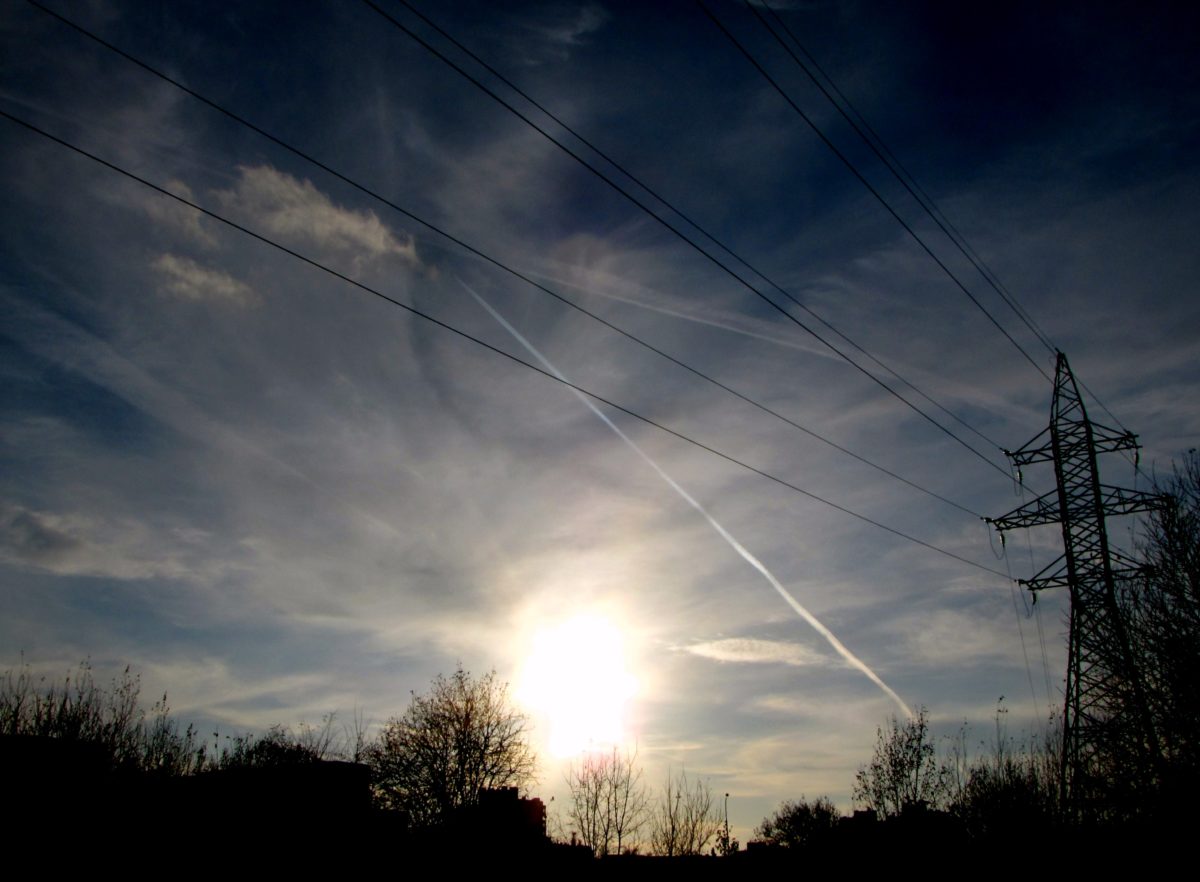The Lithuanian government has announced it will now include businesses and farmers among the legal entities entitled to install PV systems between 10 kW and 100 kW in size under the country’s net metering scheme.
Prior to the new rules, which came into effect on November 1, the only legal entities allowed to install such PV systems were public institutions, like schools and hospitals, Vitas Maciulis, president of the Lithuanian Solar Energy Association (LSEA), told pv magazine. He added that private citizens's entitlements will remain in the 10 kW limit.
In addition to expanding the rules for businesses and farmers, the Lithuanian government has introduced new provisions to simplify some technical limitations and administrative procedures. For instance, PV projects up to 5 kW are now exempt from obtaining any permissions or approved design.
The net metering scheme, which is funded through a green certificate trading system, is expected to bring around 200 MW of PV power online by 2020. However, Maciulis believes that, at least for 2017, growth will be limited to around 5 MW, which while small, would still represent an improvement on the 3 MW installed over the past two years.
Last week, the Lithuanian government released a new energy strategy that will have renewables at its core and is expected to see an increasing role of prosumers. In March, Macilius told pv magazine, “ … after implementation of the new law and the reduction of requirements for prosumers, we expect good perspectives for households and small businesses starting from the end of 2017.”
This content is protected by copyright and may not be reused. If you want to cooperate with us and would like to reuse some of our content, please contact: editors@pv-magazine.com.




1 comment
By submitting this form you agree to pv magazine using your data for the purposes of publishing your comment.
Your personal data will only be disclosed or otherwise transmitted to third parties for the purposes of spam filtering or if this is necessary for technical maintenance of the website. Any other transfer to third parties will not take place unless this is justified on the basis of applicable data protection regulations or if pv magazine is legally obliged to do so.
You may revoke this consent at any time with effect for the future, in which case your personal data will be deleted immediately. Otherwise, your data will be deleted if pv magazine has processed your request or the purpose of data storage is fulfilled.
Further information on data privacy can be found in our Data Protection Policy.